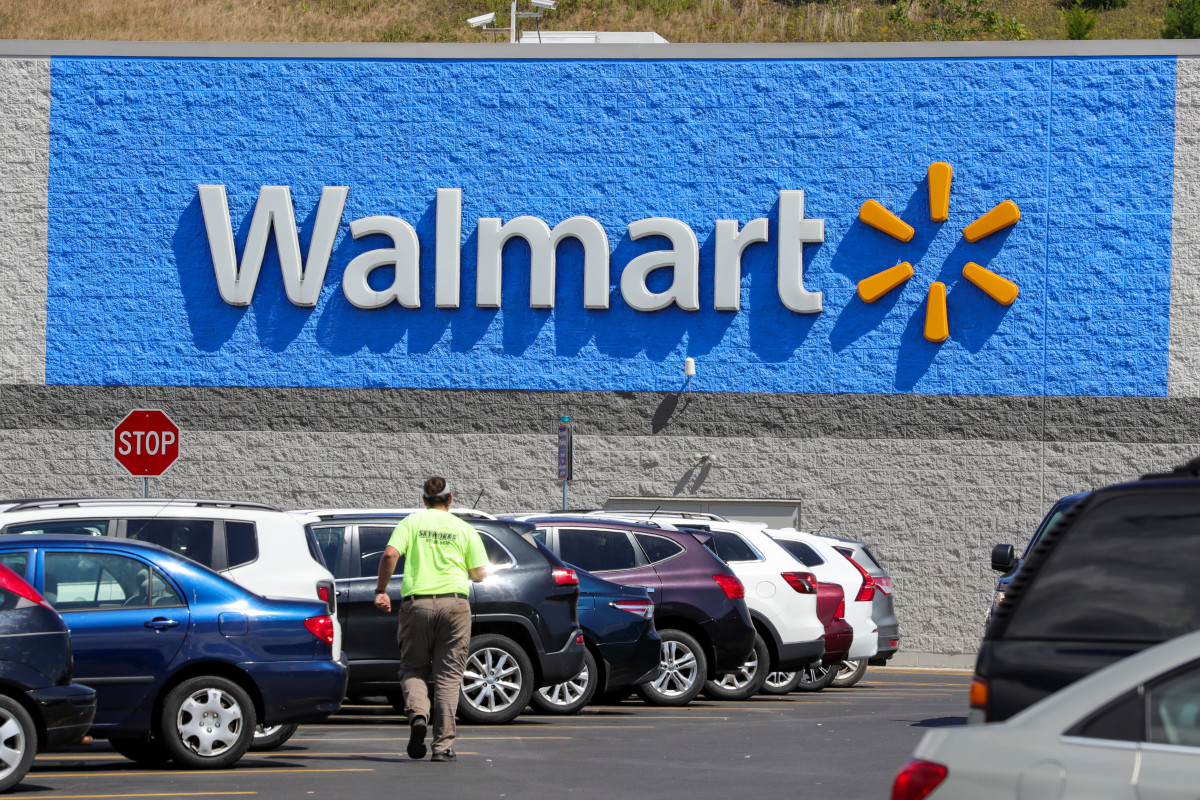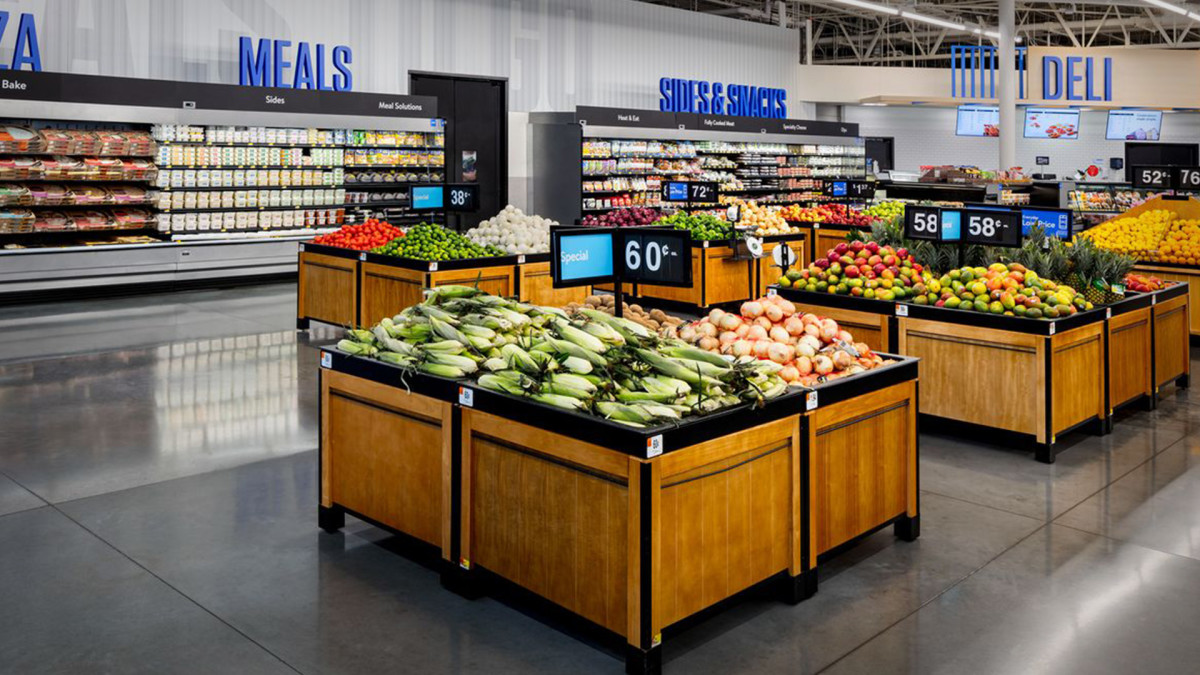
While the threat of bankruptcy looms for some retailers, it's not all doom and gloom for everyone.
Take, for instance, Walmart (WMT) , which has seen nothing short of good fortune and investor delight in recent months.
Related: Former Walmart CEO sounds the alarm on a growing problem
The retail giant, which just reported Q1 2025 earnings on May 16, saw stronger than expected performance across the bulk of its major categories, thanks in part to its deep discount rollback program.
"Our results were stronger than we anticipated, with sales growth of 5.7% and adjusted operating profit up 12.9% in constant currency. All three operating segments performed well," CEO Dough McMillon said on the earning call.
And while the numbers certainly look good, Walmart has been focusing on some qualitative results, too.
"Second, we have the selection people are looking for...The e-commerce penetration is up in all our markets," McMillon told analysts. "Third, we're improving the experience of shopping with us. Our store remodels look good and are performing well. Plus, our curbside pickup and delivery capabilities are improving, as indicated by our customer experience metrics."

Walmart
Walmart has pricing power
While it's true that inflation is partly to blame for Walmart's bumper quarter, it doesn't tell the whole story.
Related: McDonald's loss may be Walmart customers' gain
For one, Walmart is known for its deeper discounts and price competency. While some smaller or more niche retailers might not be able to bring down prices without taking a significant hit on profitability and margins, Walmart has been able to consistently keep prices on almost everything – from food to craft supplies – at a lower than average price. This keeps people coming through the door and choosing Walmart again and again, making for cheery comps numbers. And brand trust.
But execs insist inflation isn't fudging their numbers.
"The momentum we see across the business is driven by growth in units sold and transaction counts, as well as market share gains, including general merchandise," McMillon said. "These are not inflation-driven results."
More Walmart:
- Walmart raises the price of a key service
- Walmart launches cheap brand customers will love
- Some Walmarts make surprising self-checkout change
"In the U.S., like-for-like sales inflation was about 40 basis points for the quarter, including mid-single-digit deflation in general merchandise and low single-digit inflation in food and consumables. Together with our suppliers, we're making progress lowering prices," he added. "Our rollback count is up, and customers are responding to our price leadership."
And it's making everyone happy
While Walmart's north star will probably always be low prices, the retailer has also made an effort to focus on quality and experience in recent quarters, too.
It has invested over $9 billion over the past couple of years to update over 1,400 stores across the U.S. and promises more renovations are on the way. This, it says, makes a more pleasant shopping experience for everyone. And new additions of more upscale and trendy brands may be efforts to entice customers with deeper pockets or more discretionary income.
Related: Walmart makes a harsh decision, cracking down on remote work
"In Walmart U.S., we recently announced a new private brand in food called bettergoods. It's our largest food private brand release in 20 years. The brand focuses on today's trends and premium quality. But at the same time, 70% of bettergoods items are priced under $5," McMillon touted.
Bettergoods, introduced in March, focuses on affordable foods that go beyond basic staples, instead bringing in better ingredients and gourmet flavors. Some of those new products include Pistachio Nut Butter, Oatmilk Non-Dairy Frozen Desserts, and Campfire Roasted Salsa.
"This is the type of quality and value that will resonate with customers across income spectrums."
Indeed it has.
Walmart says that higher income customers accounted for the biggest jump in e-commerce sales this quarter, at a 22% rise.
"We are seeing customers trade into Walmart,” CFO John Rainey said recently, indicating that even shoppers who make $100,00 or more annually are opting for Walmart thanks to its wider range of variety and quality.
"We're seeing higher engagement across income cohorts, with upper-income households continuing to account for the majority of the share gains," Rainey added.
Related: Veteran fund manager picks favorite stocks for 2024







